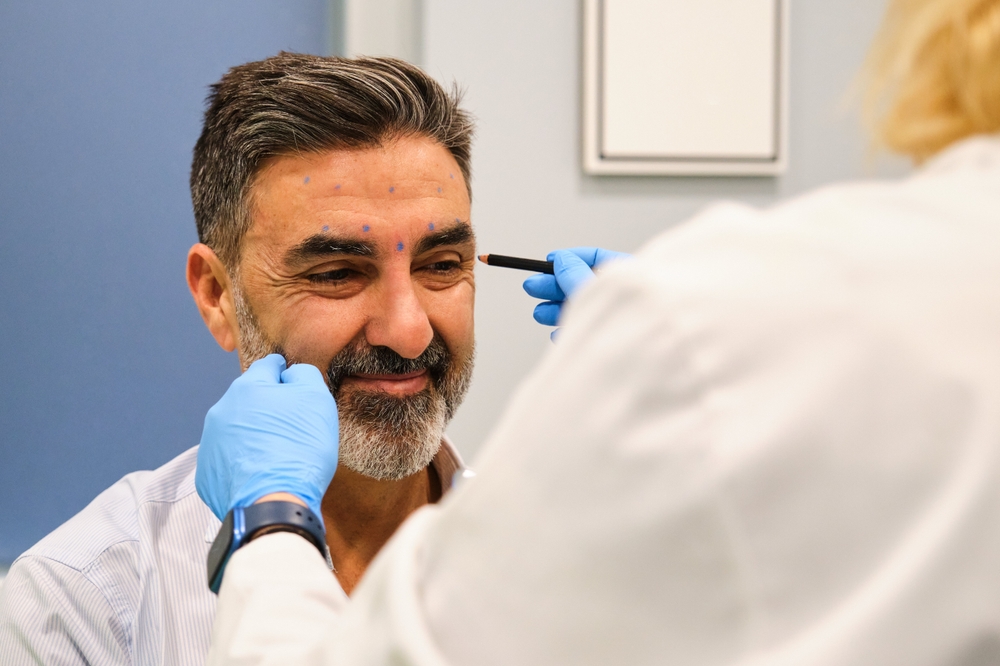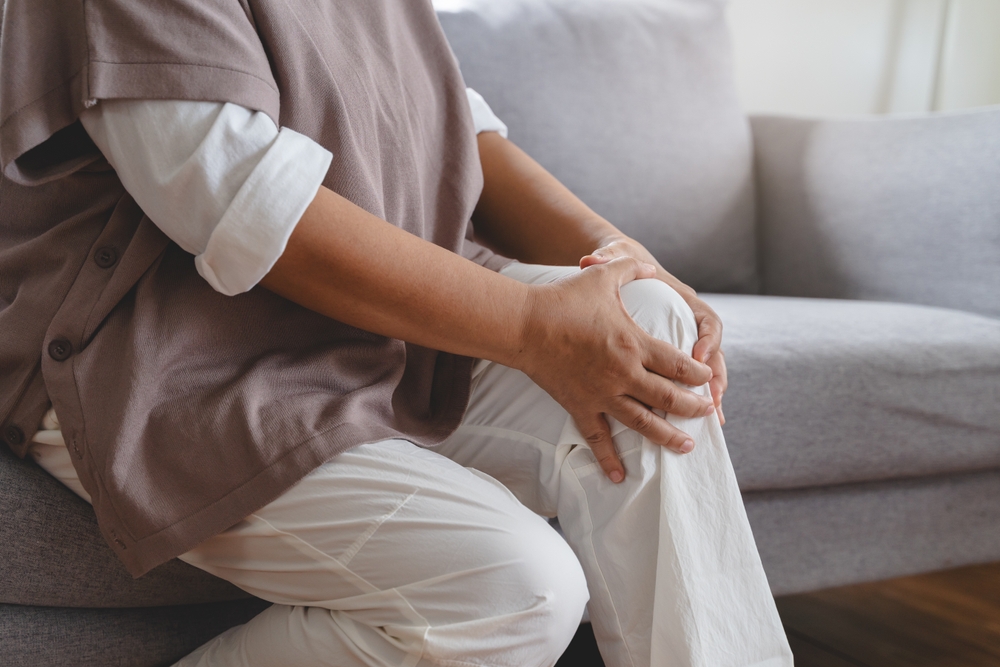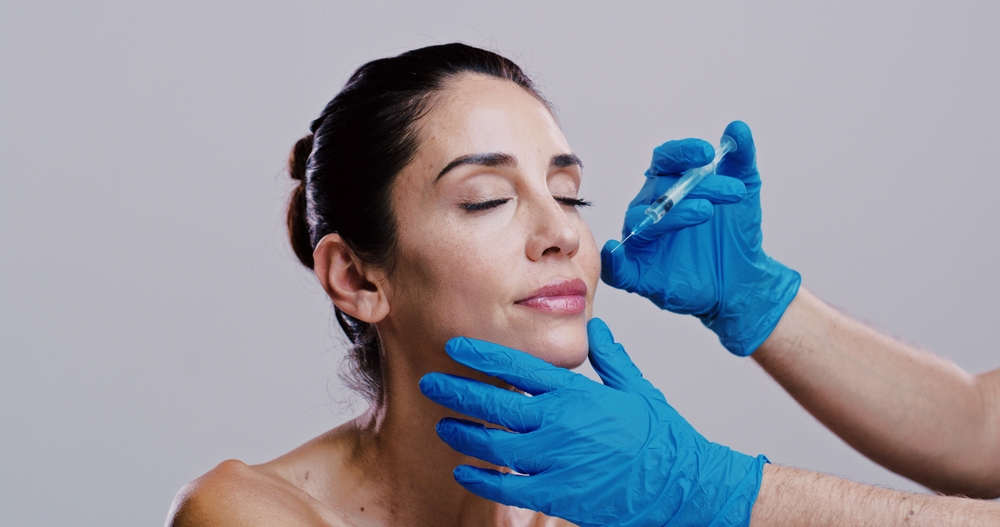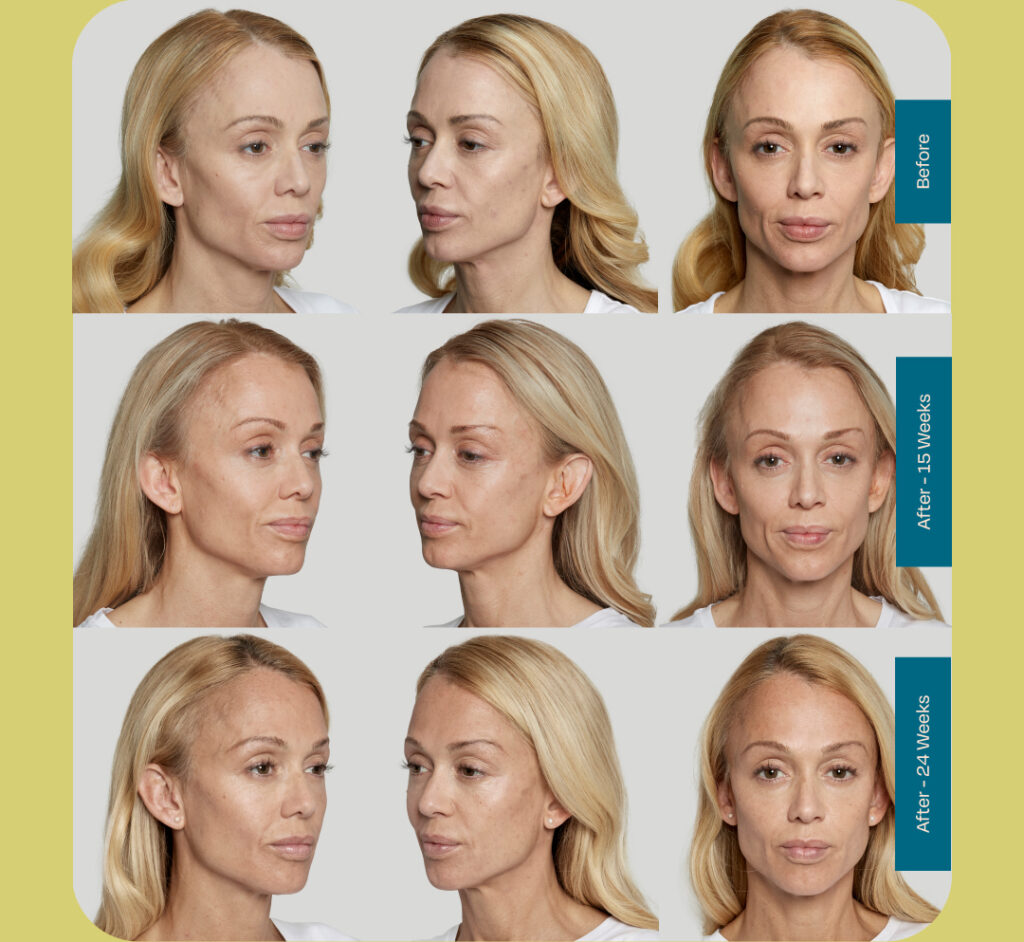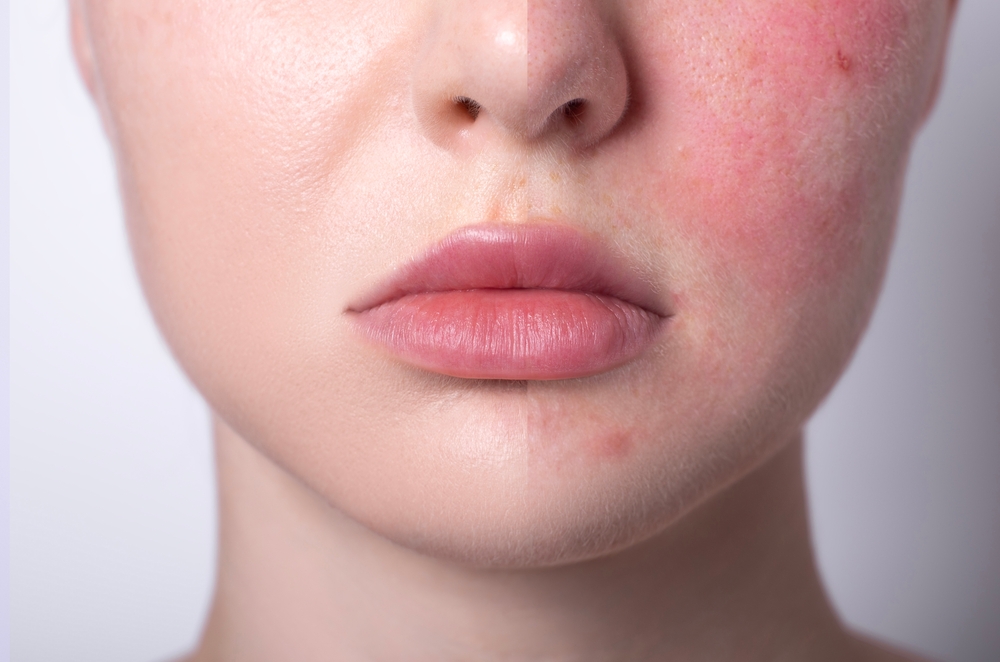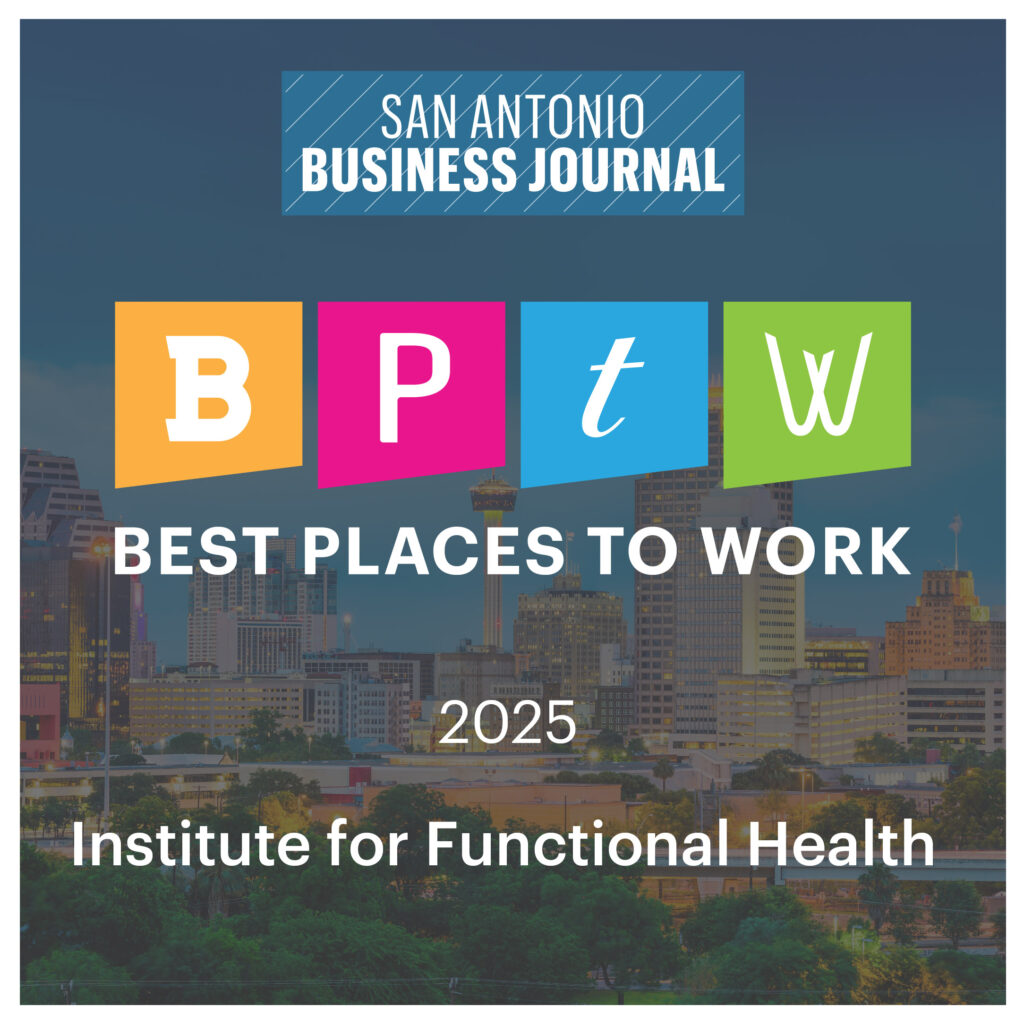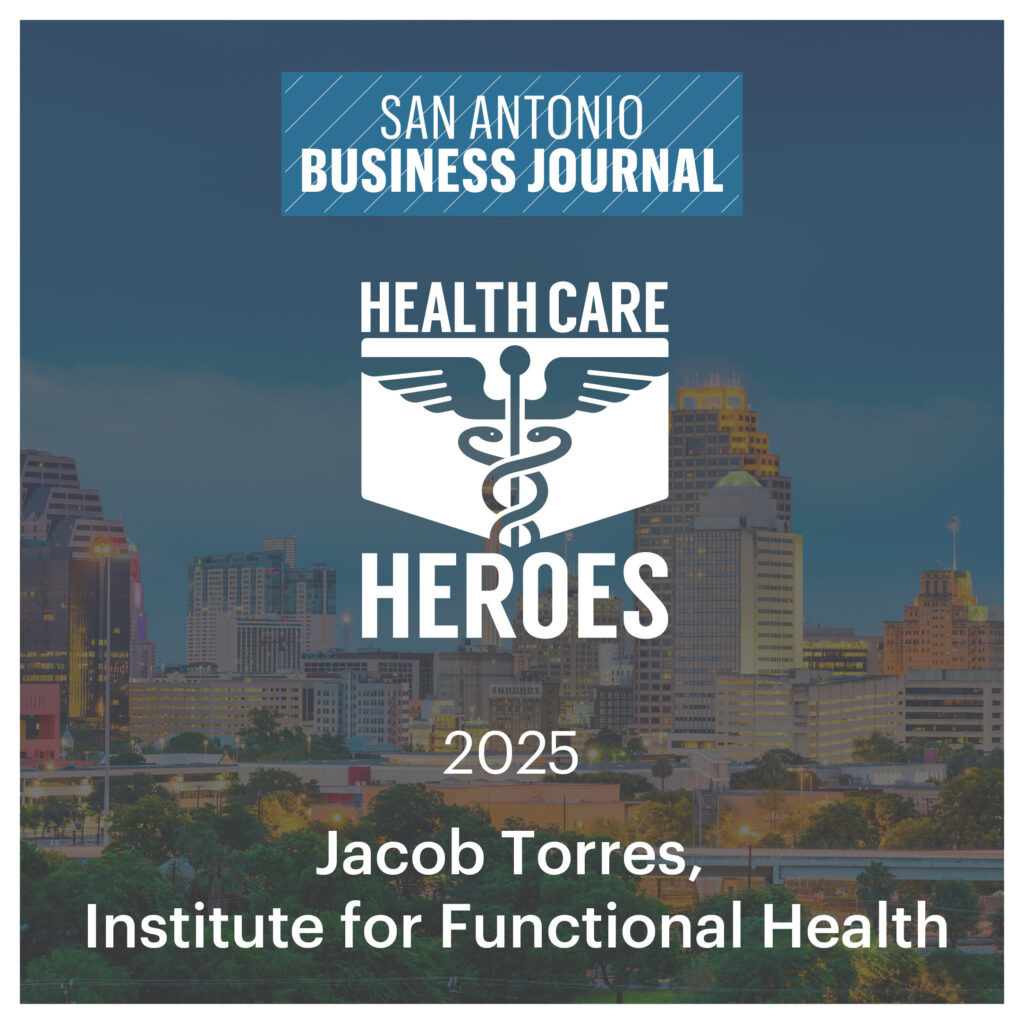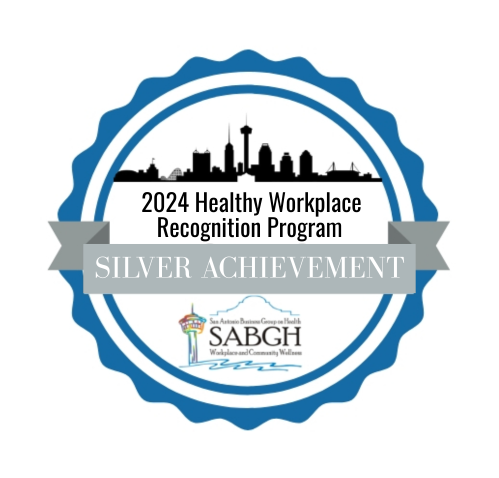Live life while the sun is up; sleep when it goes down. That’s the normal process for the majority of people. But society doesn’t just stop when the lights go out. Many professions, like those in emergency services, law enforcement and healthcare, are 24/7 and someone must be awake should the need for those services arise, regardless of the time of day or night.
Unfortunately, pulling the night shift may carry some additional risks beyond the inconvenience of trying to sleep while its light and the noises of the day ensue. A new study published in January in the journal Cancer Epidemiology, Biomarkers & Preventionhas suggested that women who pull the night shift regularly might be at greater risk for a number of cancers!
Researchers did a massive review of 61 studies that collectively evaluated almost 4 million people from 4 different continents, looking for a possible association between long-term night-shift work and the risk of 11 types of cancer. What they found was an overall 19% greater risk of cancer in women who worked overnight jobs for several years!
Hold the phone! We know that smoking or excessive sun exposure or certain chemicals could increase our cancer risk, but just showing up for night time work is now a culprit? Possibly, and there may be multiple factors that affect the levels of risk. Keep in mind that this study does not imply that working overnight automatically gives you cancer. It looked at an association between two circumstances, which brings to light an area of concern. However, there was a correlation. Some of the more specific data revealed that women pulling overnighters showed:
- 41% greater risk for skin cancer
- 32% increased breast cancer risk (only in North America and Europe)
- 18% higher risk of gastrointestinal cancer
- Breast cancer risk increased 3.3% for every five years of overnight work
One select group – female nurses – showed even higher rates, with a 58% increase in breast cancer risk, 35% greater risk of gastrointestinal cancer and 28% increased risk of lung cancer. There was no definitive conclusion as to why this profession fared so badly, but detection rates may have been higher due to greater awareness from medical training and/or already being in an environment where screenings are routinely performed. Or possibly from the high demands that many nurses are under due to the nature of their work.
So, does this mean that you should just quit your job if you’re currently working an overnight position? No. We don’t need society coming to a screeching halt when the sun goes down. What these results should do is steer thinking to more of a preventative approach. If having a job situation that could be a possible risk factor for developing cancer is in the picture, what else can be done proactively to help decrease other areas of cancer risk? Plenty.
Diet can be one of the most powerful tools for either developing or preventing cancer. Nutrient dense foods such as fruits and vegetables have many natural compounds that are protective for the body. A plant-based diet overall has been shown to decrease the risk for many health conditions. On the other side, a diet high in sugars creates an environment that can promote cancer cell growth. Processed foods laden with chemicals such as nitrates and nitrites have been shown to best be avoided. Even certain ways you cook food can produce harmful by-products, like acrylamides and heterocyclic amines. Paying attention to diet and food preparation is key.
Beyond that, maintaining a healthy body composition, keeping water intake optimal and exercising regularly are all positive moves in the right direction. Avoiding smoking (and second-hand smoke), excess pollution and other sources of chemical stress will decrease the number of challenges your body has to deal with and keep your immune system and natural defenses running at maximum efficiency. Along those lines, that means eliminating diabetes, high cholesterol, hormone imbalances and digestive issues as well. Need help with those issues? Give our office a call!
Doing all you can will go a long way in protecting yourself from the risks of cancer. While we can never make ourselves totally “bulletproof”, it will give you a much greater edge than if you don’t give any attention at all to decreasing your risk. And if you’re a woman who has been working the night shift for many years, it may be critical if results of these studies hold true.

